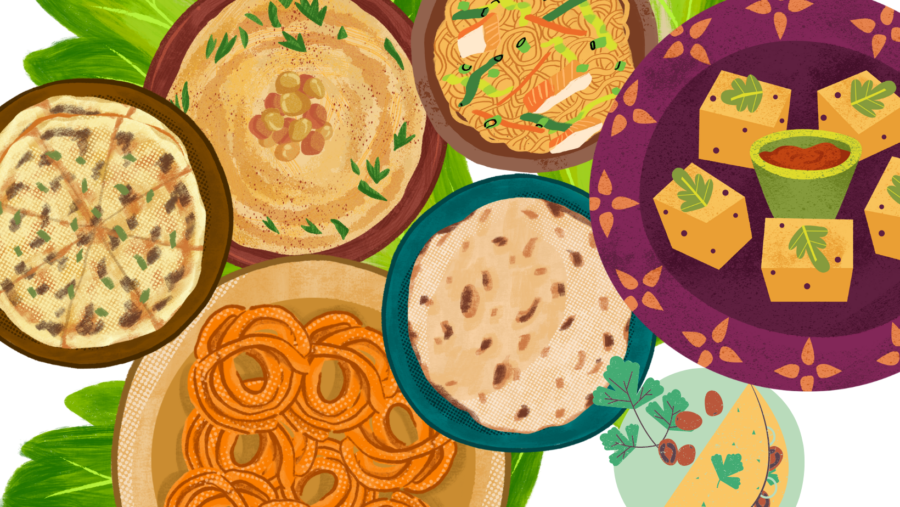As institutions here in the UK increasingly consider a transition to plant-based food, cultural diversity is often raised as a concern. As a sociologist, I can appreciate the importance of respecting cultural diversity, as no just transition is truly just without proper inclusion and mindfulness of difference. In the case of veganism, however, cultural diversity is a far more complex issue than may be evident to most activists, policymakers, and institutional leaders.
My argument is thus: Plant-based diets are the diets of the global majority. The encroachment of animal products beyond the West was facilitated by colonialism. Indeed, colonialism was often predicated on expanding animal agriculture, accessing the copious resources needed to sustain animal agriculture, and expanding markets to consume the output of that animal agriculture. Colonized peoples were even denigrated for their plant-based cuisines, and this was used as further rationale for their subjugation.
Indigenous foodways have been quickly and devastatingly decimated by the Westernization of the global food system with disastrous consequences for community health, cultural integrity, and environmental wellbeing. It is for this reason, for instance, that African Americans are the fastest growing vegan demographic in the United States; veganism is recognized as congruent with traditional African cuisines and a return to veganism serves as a means of reclaiming culture, combatting diet-related disease, and resisting oppressive European colonizer traditions.
In our postcolonial world, the high consumption of animal products is now related to aggressive Western marketing, heavily subsidized animal agriculture in Western countries that gluts global markets, exploitative and often violently enforced use of land and resources outside of the West (as has been the case with the Amazon rainforest cleared for beef production), forced removal of Indigenous communities, predatory lending and capitalist ventures led by global financial entities such as the World Bank, and increased consumer power made possible by globalization. Diets heavy in animal products are not culturally diverse; they are products of Western imperialism. The global majority cannot digest lactose (dairy) beyond the age of weaning (a normal process among mammals), and, as animal flesh is expensive to produce or shunned in certain spiritual practices, traditional diets of the world have been based in fruits, vegetables, legumes, and pulses. Plant-based diets are more cost-efficient, sustainable, and healthful, accounting for their foundational and ubiquitous presence across most of the world’s cultures.
Although global tastes have been moving toward more animal products since the turn of the 21st century, it is not the case that culture and taste trump practical realities around human health and climate sustainability. Like the Black community in the US, other cultures and nations are recognizing the systemic violence and high risk associated with animal-based foodways. China, for instance, one of the world’s largest producers and consumers of meat and dairy, has committed to cutting its consumption of meat in half by 2050. Cultural diversity does not and should not equate with turning away from the environment or human well-being. Too often, cultural diversity rhetoric is weaponized by Westerners and whites to sustain dangerous practices, effectively invisibilizing, silencing, or even infantilizing non-Western and non-white stakeholders.
People of the global majority are not ignorant of the impacts Westernization and globalization have had on traditional practices. Plant-based foods are necessary for everyone to thrive—indeed, many previously colonized communities and other marginalized groups (such as disabled persons, women, children, poor persons, and persons of color) are especially vulnerable to the social, health, and environmental costs of animal-based food. It is imperative that Westerners collaborate in the fight against dietary tyranny by providing culturally appropriate, nutritionally sound, and affordable alternatives to the disaster that is meat and dairy. Plant-based transition campaigns are not mandating a vegan world, they are only asking for institutions to uphold their local and global commitments to food justice and make good on the sustainability claimsmaking that is all too often vacuous. Transitioning institutional facilities to plant-based fare is an important step in that direction.

Readers can learn more about the sociology of veganism in my 2016 publication, A Rational Approach to Animal Rights.
Receive research updates straight to your inbox by subscribing to my newsletter.
